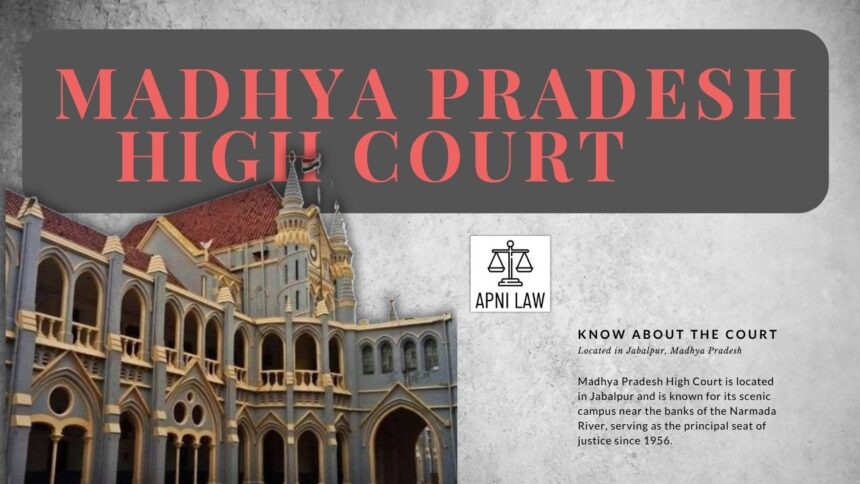Introduction
The Madhya Pradesh High Court held that white petroleum jelly qualifies as a “drug,” not a “cosmetic.” The Court ruled that it therefore cannot be taxed under higher VAT or entry tax rates. The Court applied Entry 19-A in Part II, Schedule II of the MP VAT Act to support its decision.
Facts of the Case
The appellant manufactured white petroleum jelly of IP grade under a valid drug licence. The appellant claimed that the product should attract the lower VAT rate, 4 % until 31.07.2009, and 5 % thereafter, under the MP VAT Act. It also sought exemption under the Entry Tax Act, arguing the product falls within non-taxable goods under Schedule III.
The assessing authority rejected this classification. It treated the product as a cosmetic and applied the higher 12 % VAT rate and 10 % entry tax. The appellant appealed to the Additional Commissioner of Commercial Tax. The Additional Commissioner dismissed the appeals, upholding the classification as a cosmetic. The appellant then went in appeal to the Commercial Tax Appellate Board. The Board also rejected the plea to treat the product as a “drug” under Entry 19-A.
The appellant cited the Supreme Court decision in Ponds India Ltd. v. Commissioner of Commercial Tax (2008) 113 STJ 355 (SC). In that decision, the Supreme Court held that white petroleum jelly of IP grade manufactured under a valid drug licence is a “drug,” not a cosmetic. The appellant argued that the present product squarely fits that definition and should enjoy the lower tax treatment.
The department opposed this. It contended that the appellant manufactured cosmetics and “toilet articles,” not drugs or medicines. They argued that white petroleum jelly, though made under a drug licence, is not prescribed by doctors and is not sold solely through pharmacies. It claimed the product functions like a cosmetic and should attract higher tax.
What the Court Says
The Court examined the nature, function, and statutory treatment of white petroleum jelly. The Court acknowledged that the product has some caring and protective properties. But it rejected the notion that it qualifies as a mere beauty or cosmetic product. The Court noted that the fact the product can be purchased without prescription from general stores does not automatically make it a cosmetic.
The Court found no specific entry in the VAT or Entry Tax statute for white petroleum jelly. The department attempted to force it into the residuary “cosmetic / beauty product” category. But the Court held that under Entry 19-A, Part II, Schedule II of the MP VAT Act, “drugs and medicines” include medicated ointments, light liquid paraffin of IP grade, and white petroleum jelly IP grade manufactured under drug licence.
The Court observed that the appellant’s product fits exactly within that defined class. The Court held that the assessing authority and the Commercial Tax Board erred by refusing to follow the Supreme Court’s decision in Ponds India. The High Court held that the impugned order must be quashed, and that the appellant is not liable to pay interest under Section 18(1)(a) of the MP VAT Act.
Implication
This judgment clarifies that white petroleum jelly (IP grade) made under a valid drug licence must be treated as a drug, not a cosmetic. Tax authorities in Madhya Pradesh may not subject such products to higher VAT or entry tax. The decision reinforces the binding nature of the Supreme Court precedent in Ponds India for this class of products. Producers of similar products can rely on this ruling to seek classification under the “drugs and medicines” schedule and access favorable tax treatment.








